Nigeria’s July inflation slows to 11.08%: A look at the markets
By CNBC
18 August 2019 |
1:26 pm
Nigeria’s July inflation dipped for the second consecutive month to 11.08 per cent according to data from the National Bureau of Statistics (NBS). Meanwhile, the Central Bank of Nigeria (CBN) will hold its bi-weekly retail Secondary Market Intervention Sales (SMIS) Forex auction today. To discuss this and other stories impacting Nigeria’s money market, Nifemi Adeniyi, team leader of Liquidity Management at Access Bank joins CNBC Africa for more.
In this article
Related
Related
2 May
The US Federal Reserve has decided to keep its benchmark interest rate steady at 5.25 to 5.50 percent. Fed Chairman Jerome Powell said while inflation has eased significantly over the past year, it's still too high, and that while wage growth has slowed down, the labour market remains tight.
3 May
The devaluation of the naira against the dollar has plunged Nigerians into a deep socio-economic depression. The price of basic foodstuffs can double or even triple in the same day.
2 May
The number of foreign direct investment projects in Europe fell 4 percent in 2023 compared to the previous year, the first decline since the pandemic.
2 May
China's minister of commerce is in Europe for a week-long trip, with a focus on pushing back against accusations of unfair state subsidies in the Chinese electric vehicle sector.
2 days ago
Cryptocurrencies such as bitcoin promise quick profits – an attraction that aids scammers fleecing investors of their funds.
1 day ago
With inflation taking a toll on people's finances and amid a growing sense of responsibility towards the climate, second-hand shops are booming across the globe. In France, around 10 percent of clothes each year are now resold, and thrift stores are attracting a wider audience.
Latest
41 mins ago
The Netherlands has always been known as a business-friendly country. But the country looks set to become a lot less hospitable following the result of November’s elections, in which the far right won the most votes. The four parties seeking to form a government have vowed to limit immigration, hitting both high-tech workers and students. Companies have started to voice their concern and some are even threatening to leave the country.
41 mins ago
South Africa's coastal city of Durban, known for its popular beaches and warm climate, is facing a severe water crisis ahead of national elections, with residents suffering from prolonged dry taps and poor sanitation services.
2 hours ago
Her powerful performances give voice to some uncomfortable truths. Lebanese playwright and director Chrystèle Khodr wades through the ruins of a society in her latest play "Ordalie", exploring the social, political and physical wreckage of her homeland and its history. She tells us more about the quest for justice in contemporary Lebanon, why 19th-century playwright Henrik Ibsen is a fitting contemporary inspiration and how making theatre in a crisis-ridden country is a constant endeavour of creativity and solidarity among artists.
2 hours ago
Paris 2024 official partner ArcelorMittal made 2,000 torches for the Paris 2024 Olympic and Paralympic Games.
4 hours ago
Jan Egeland, secretary general of the Norwegian Refugee Council and a former top UN humanitarian official, told FRANCE 24 on Tuesday that Gaza is "among the worst places in humanitarian history". He described a trapped population enduring "relentless" bombardment since October 2023. With regards to the southern city of Rafah, where an Israeli offensive appears imminent, he said some 1.4 million people were "engulfed in fear and desperation beyond belief".
4 hours ago
TikTok and its Chinese parent company ByteDance have filed a petition with a US court, seeking to block a law that forces them to sell the social media app to a non-Chinese buyer or face a ban. They argue the legislation is unconstitutional, setting the stage for a historic legal battle. But first, China's President Xi Jinping has arrived in Serbia on the second leg of his European tour. He expects to receive a much warmer welcome than he did in France.
×

Get the latest news delivered straight to your inbox every day of the week. Stay informed with the Guardian’s leading coverage of Nigerian and world news, business, technology and sports.


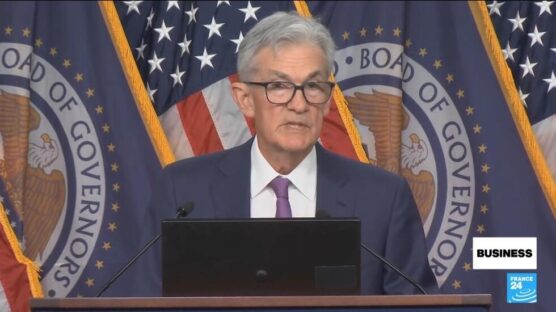

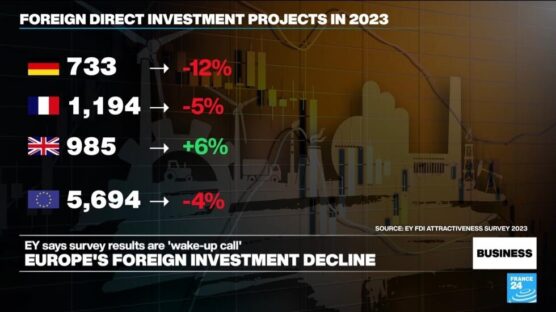


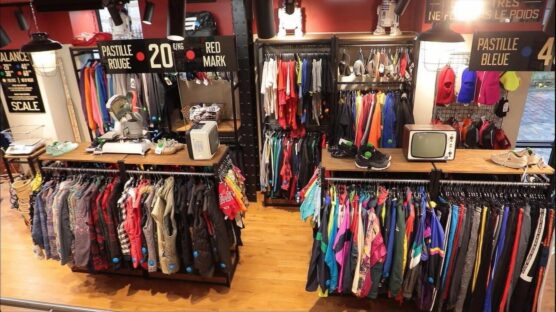





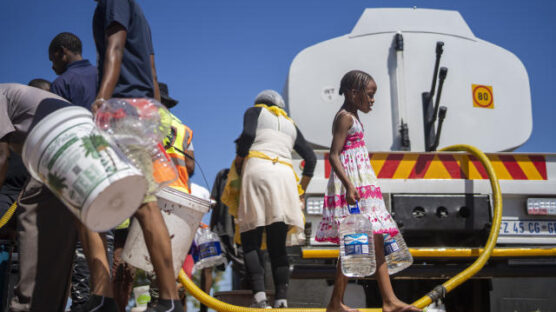


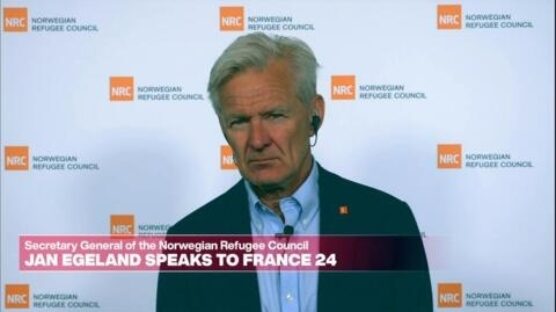

0 Comments
We will review and take appropriate action.